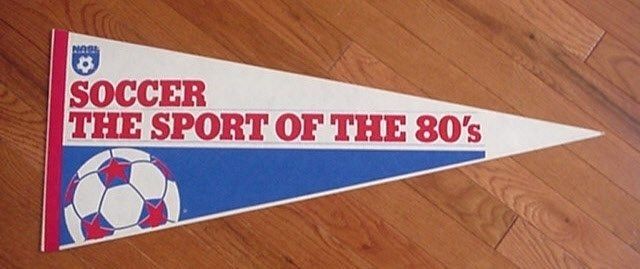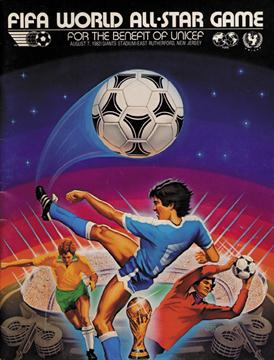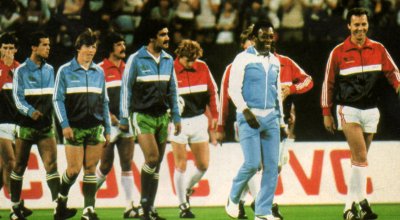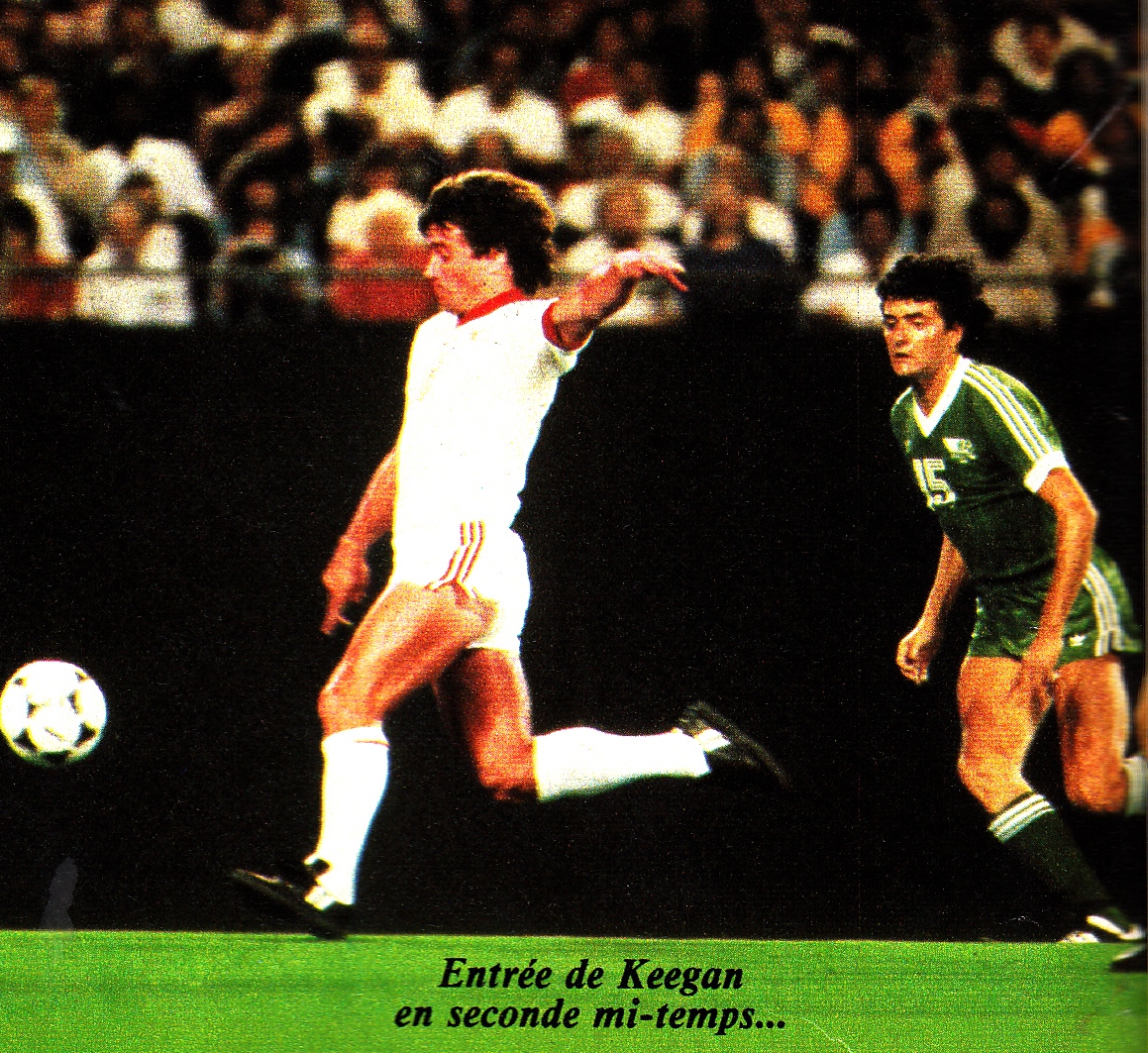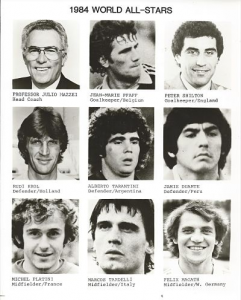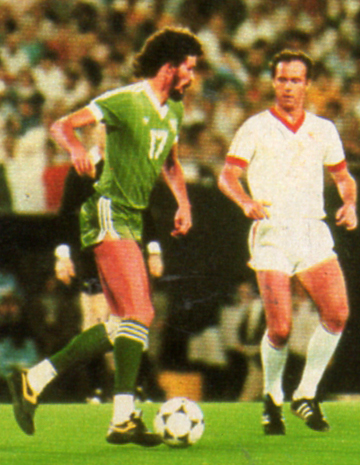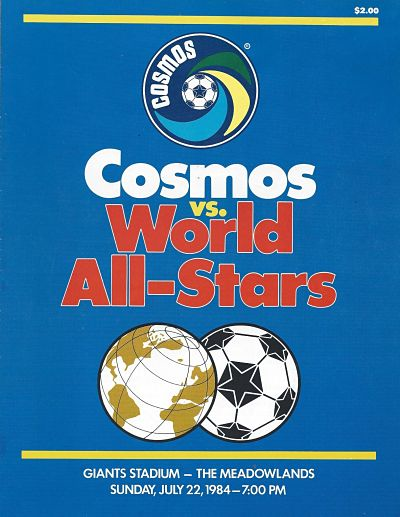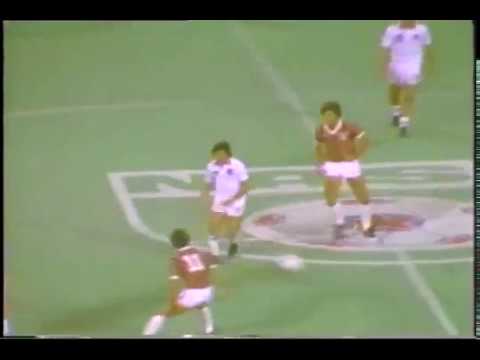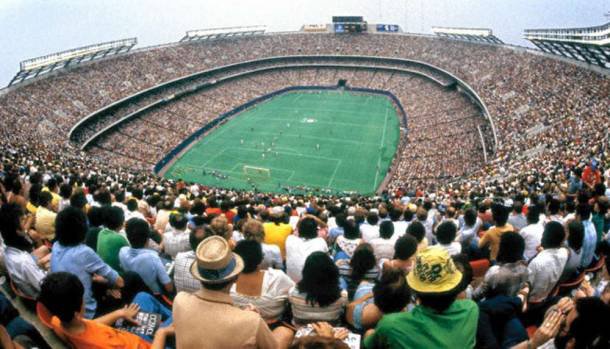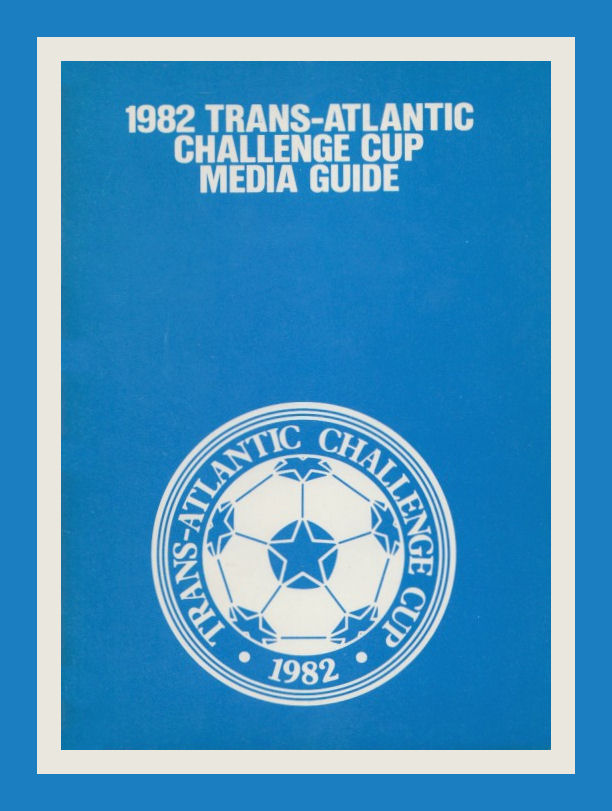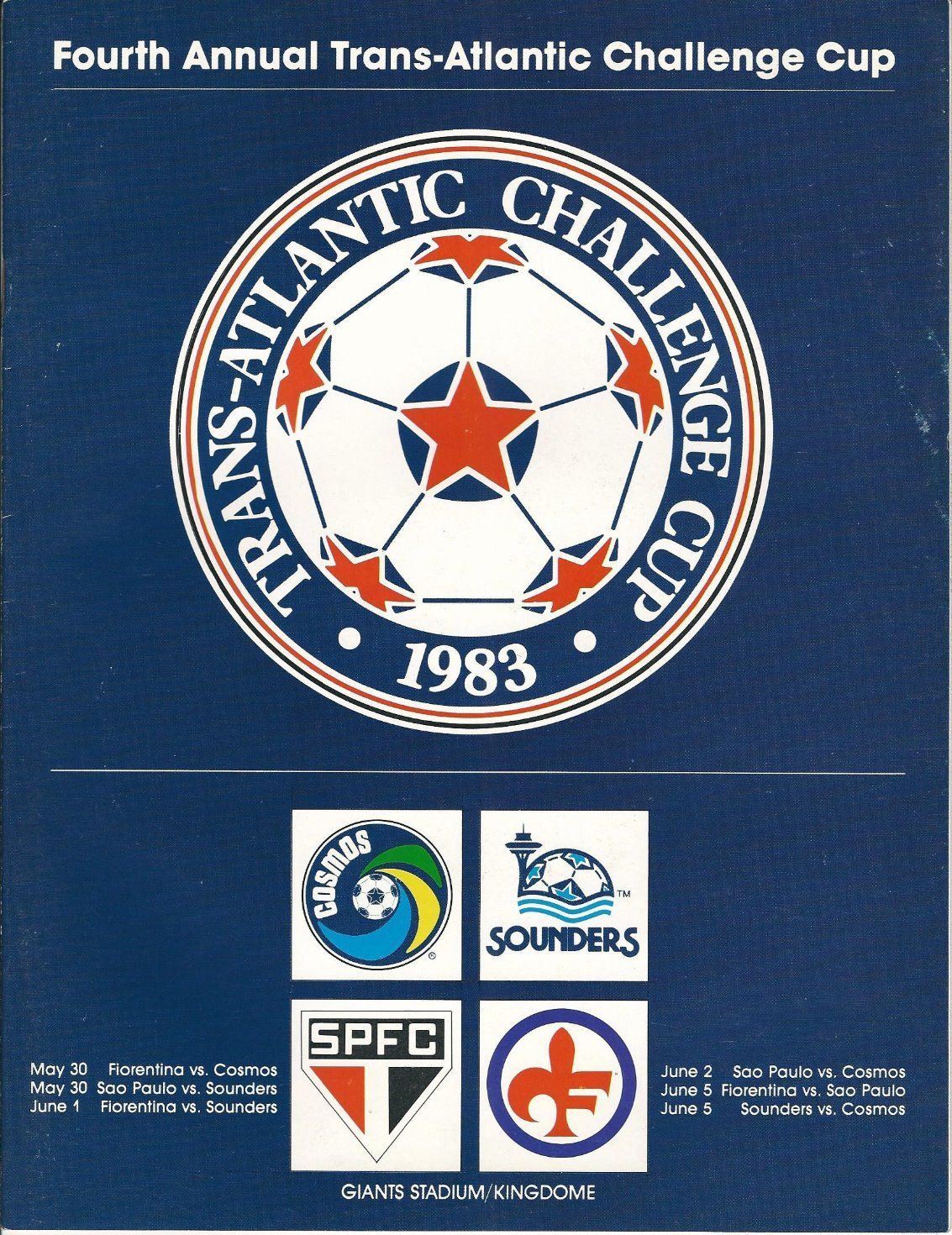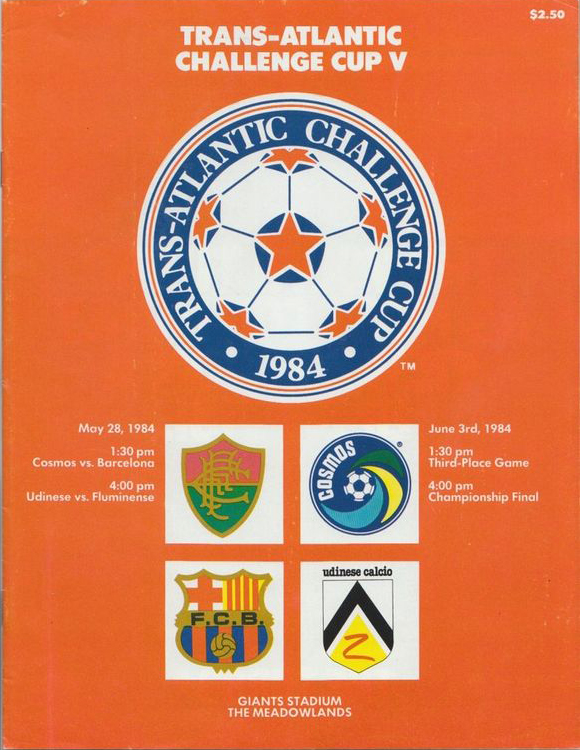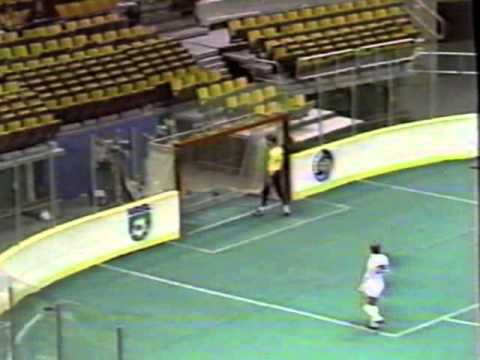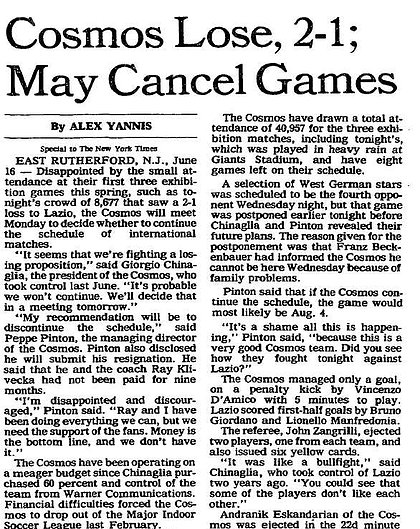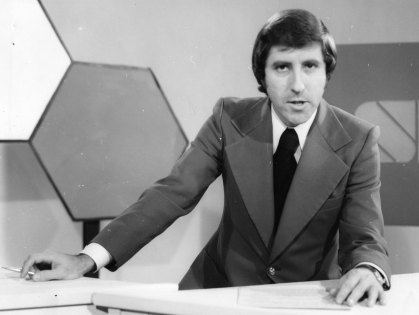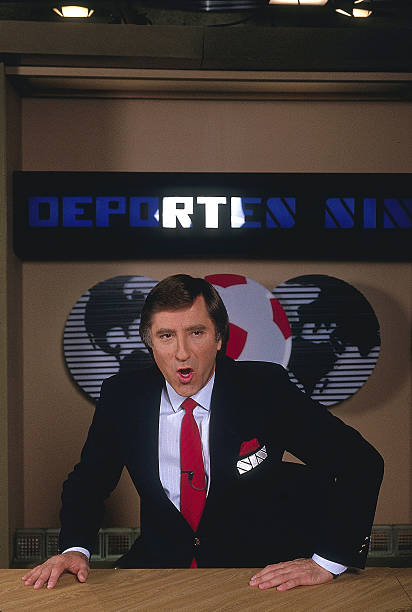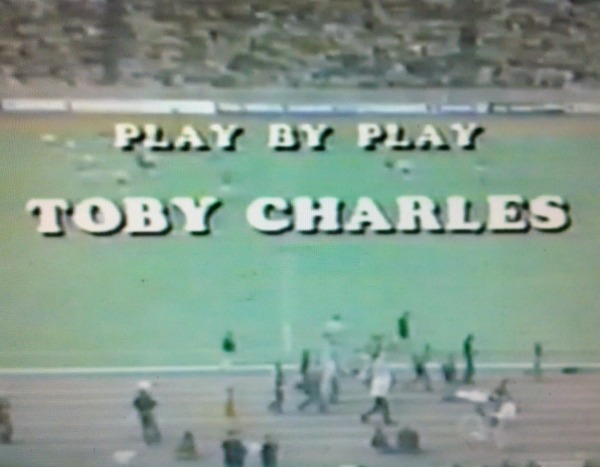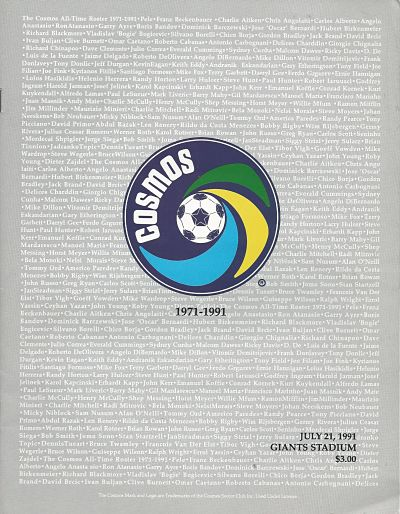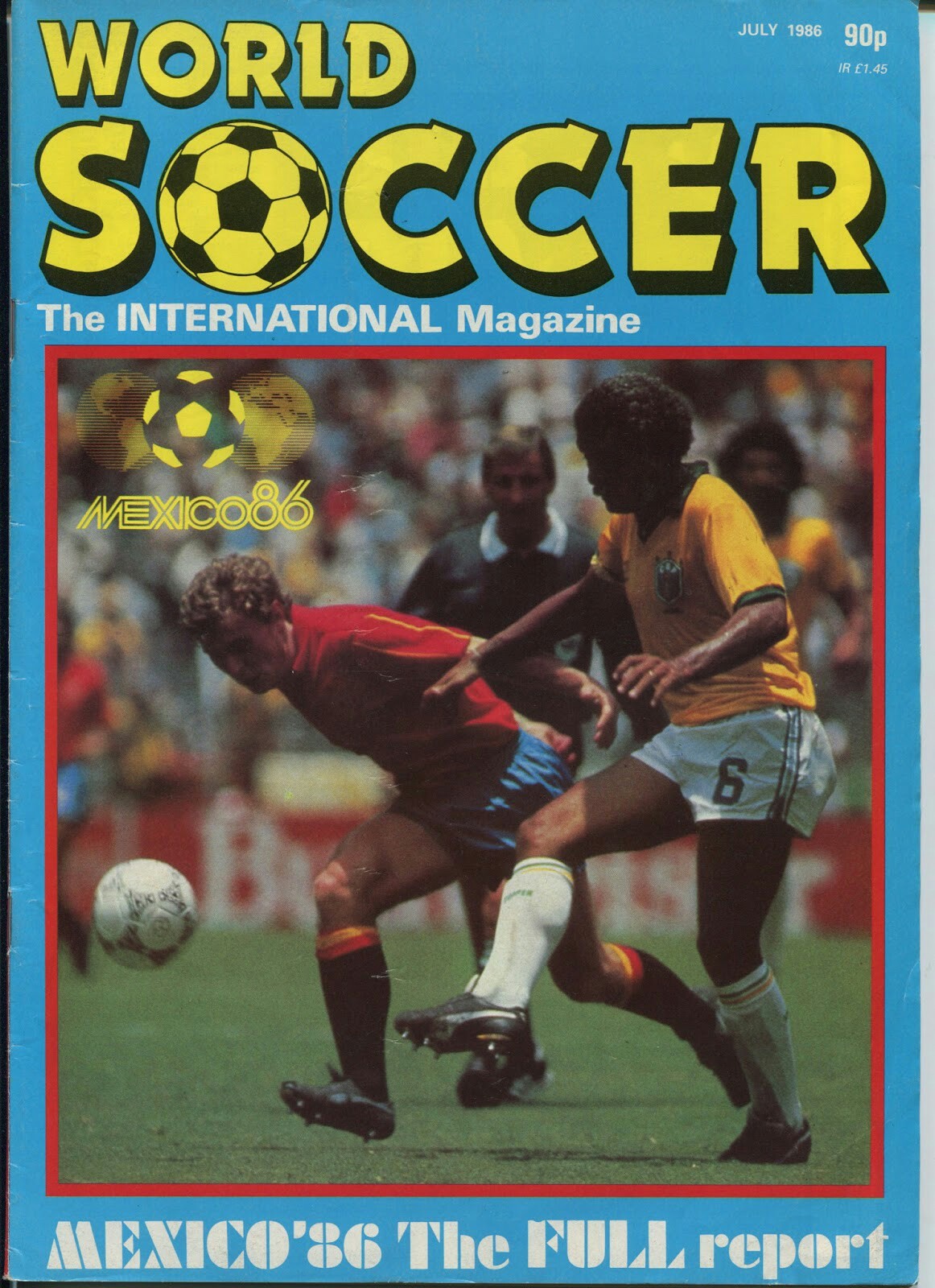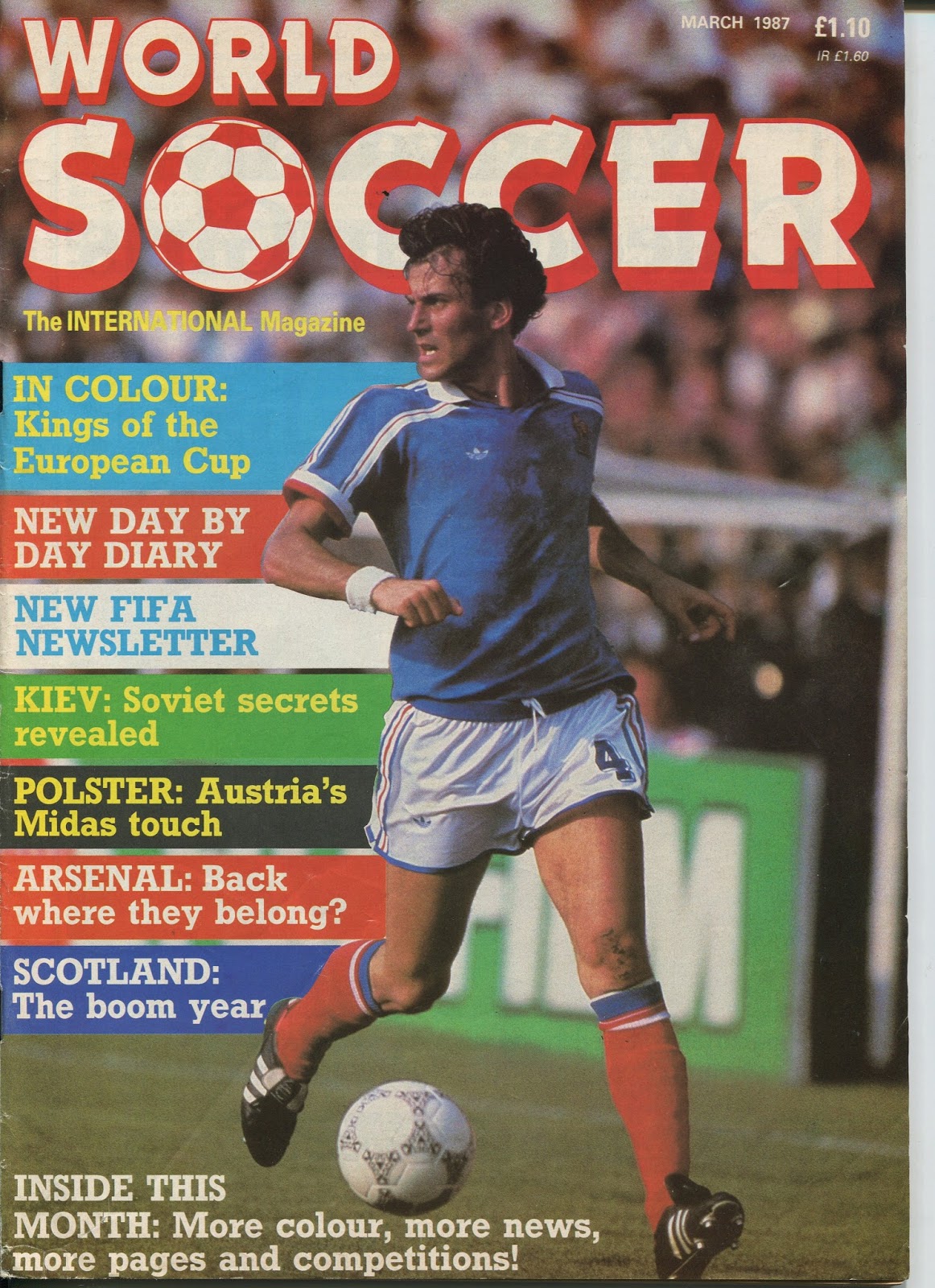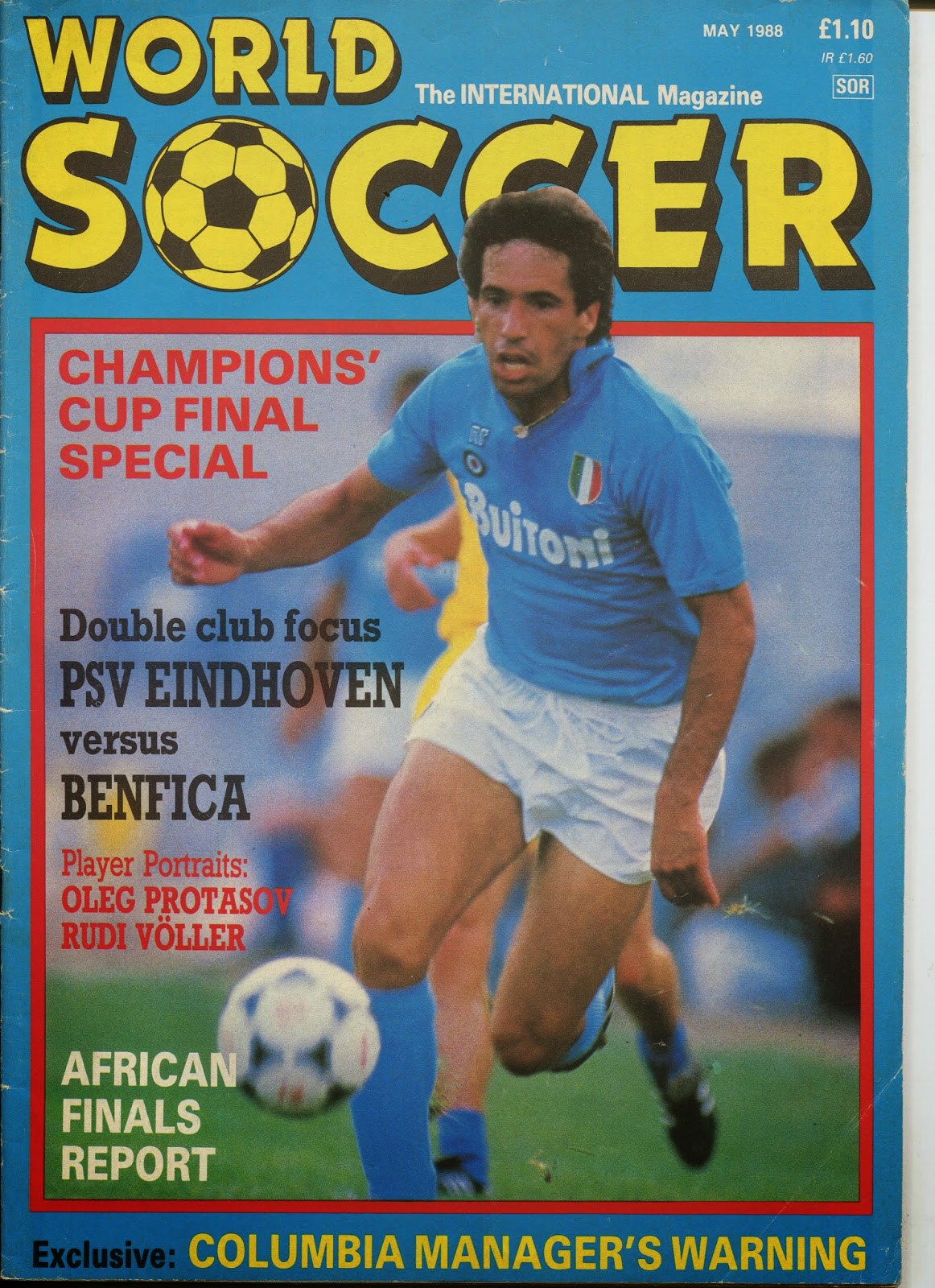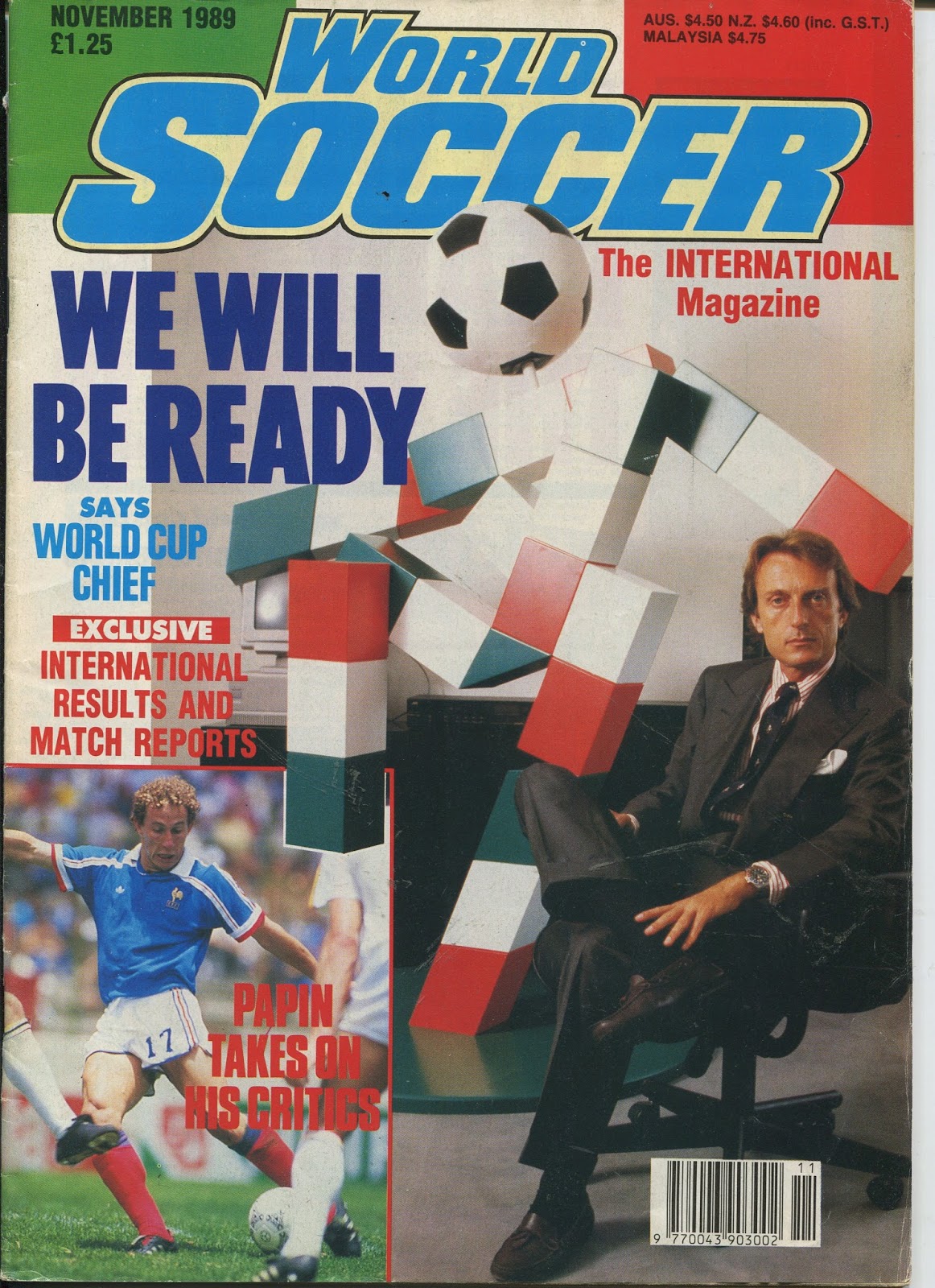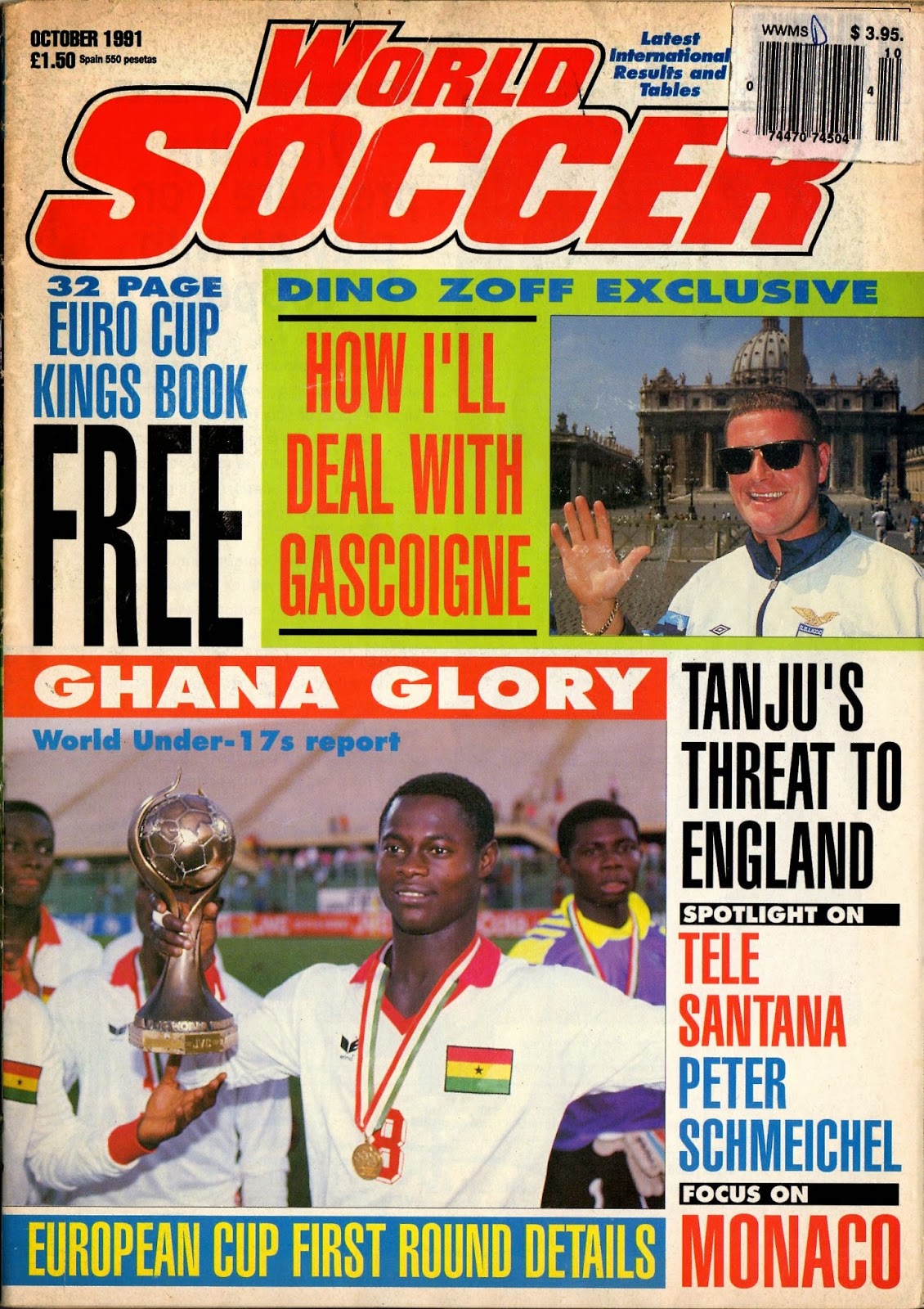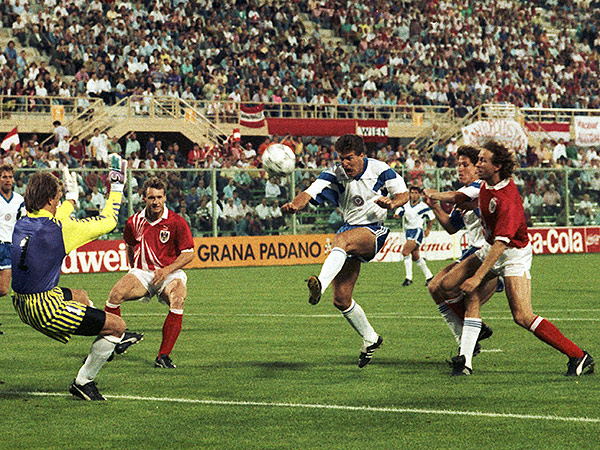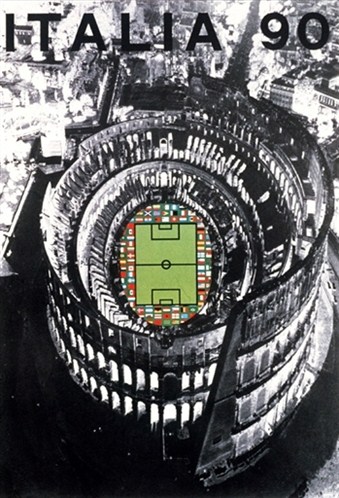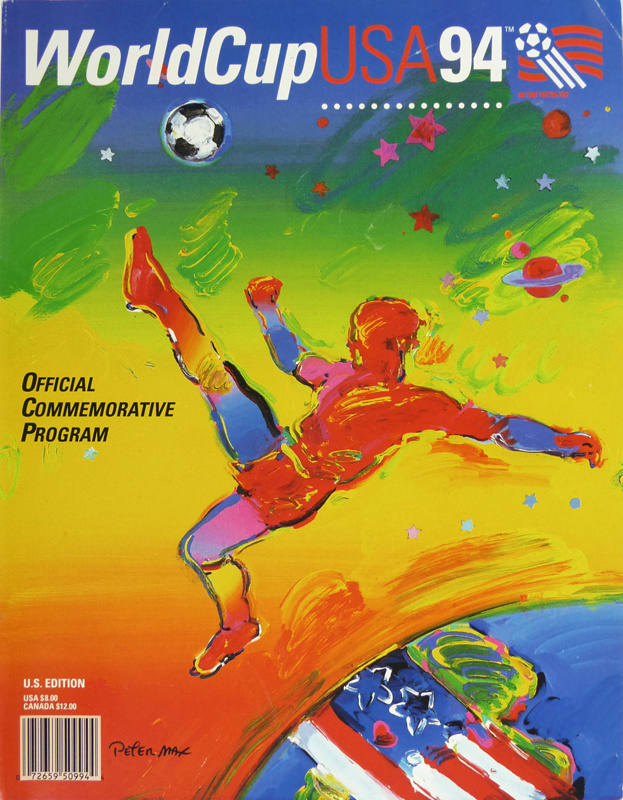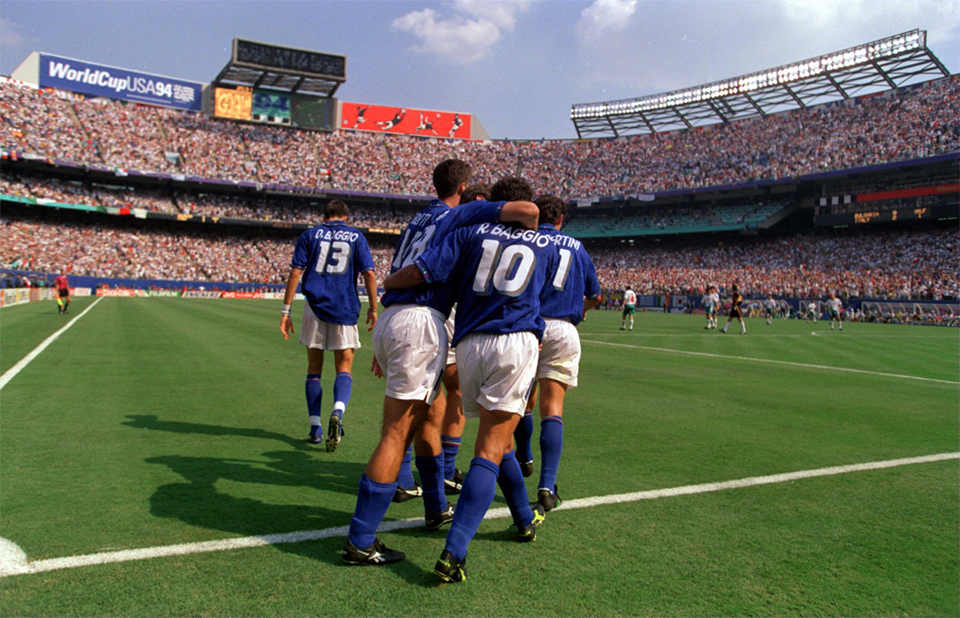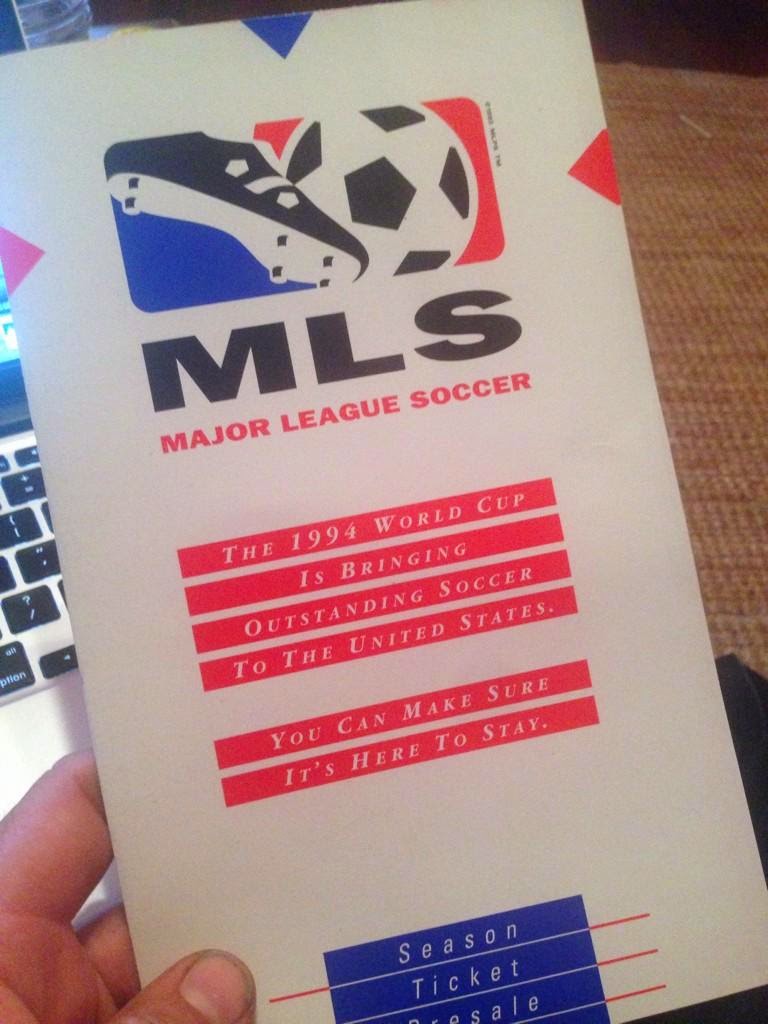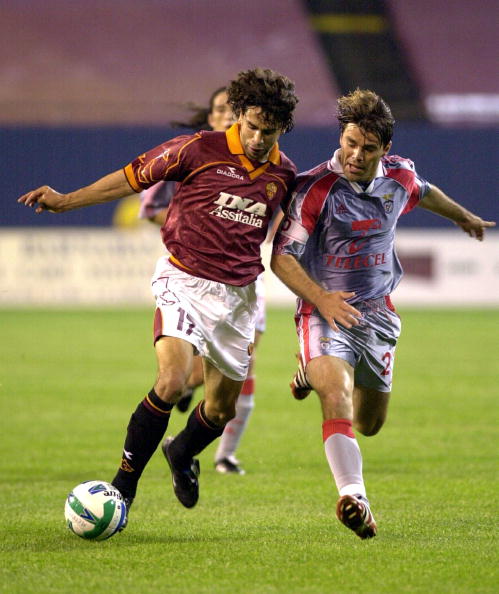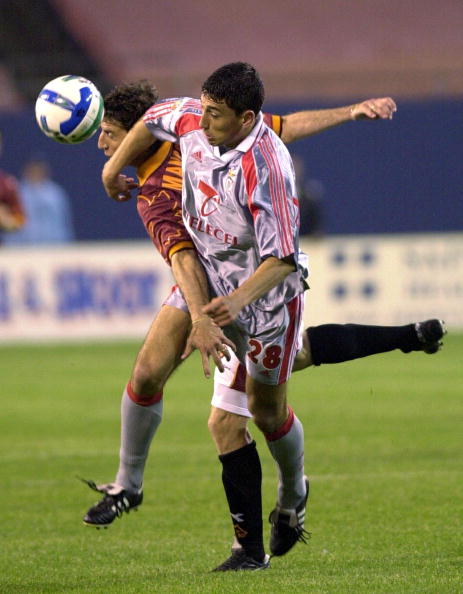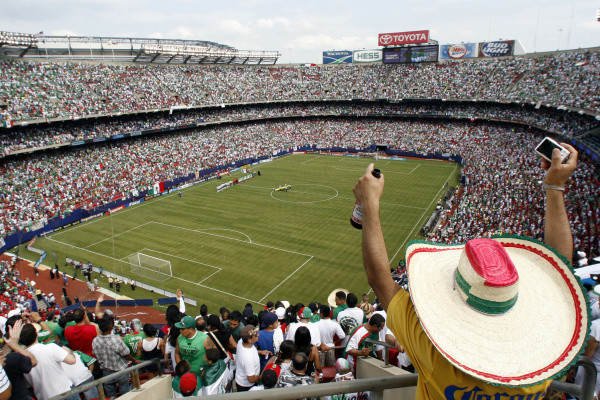It wasn’t easy being a soccer fan in the United States in the 1980s.
While the 24-team North American American Soccer League ushered in the decade with an air of stability and momentum (the NASL even sold a pennant labeling the game the “Sport of the 80’s”), it wasn’t long before big-time American pro soccer was dangerously on the ropes (the NASL shrank to just nine franchises by 1984) – and then seemingly gone for good when the league officially sank into oblivion in early 1985. For a nascent generation of US fans newly hooked on the world’s “beautiful game,” it felt like an abandonment – and an air of disillusionment beset the American soccer scene in the immediate years that followed.
For Bronx-born writer Michael J. Agovino (The Soccer Diaries: An American's Thirty-Year Pursuit of the International Game), the demise of the NASL and its global flagship New York Cosmos franchise was simply the last nail in the coffin of his soccer “coming of age” during the early 80s – the conclusion of an arc of tragedies: the US Soccer Federation’s unsuccessful bid to replace Colombia as host of the 1986 World Cup; the US national team’s failure to even qualify for the quadrennial event; and the unfathomable death of 41 fans in a riot at the 1985 European Cup Final in Brussels’ Heysel Stadium.
As Agovino framed it: “Soccer – my new friend – was dead.”
Undaunted, Agovino’s love affair with soccer persisted, while Americans slowly got wise – qualifying for the 1990 World Cup in Italy, hosting the event in 1994, and re-birthing the pro game with Major League Soccer in 1996 – and ultimately turned it into one of the most popular sports in the country.
We chat with Agovino about US soccer’s mid-1980s “dark ages” and subsequent phoenix-like rise from seeming oblivion, including memorable stops like: New York’s Port Authority Bus Terminal; the NASL’s Trans-Atlantic Challenge Cup; the 1991 Cosmos Reunion Game; Tony Tirado’s lyrical Spanish (and broken English) SIN-TV broadcasts; “Soccer Made in Germany;” and the legacy/enigma of Giants Stadium.
Thanks Audible, SportsHistoryCollectibles.com and Podfly and for your support of the show!

